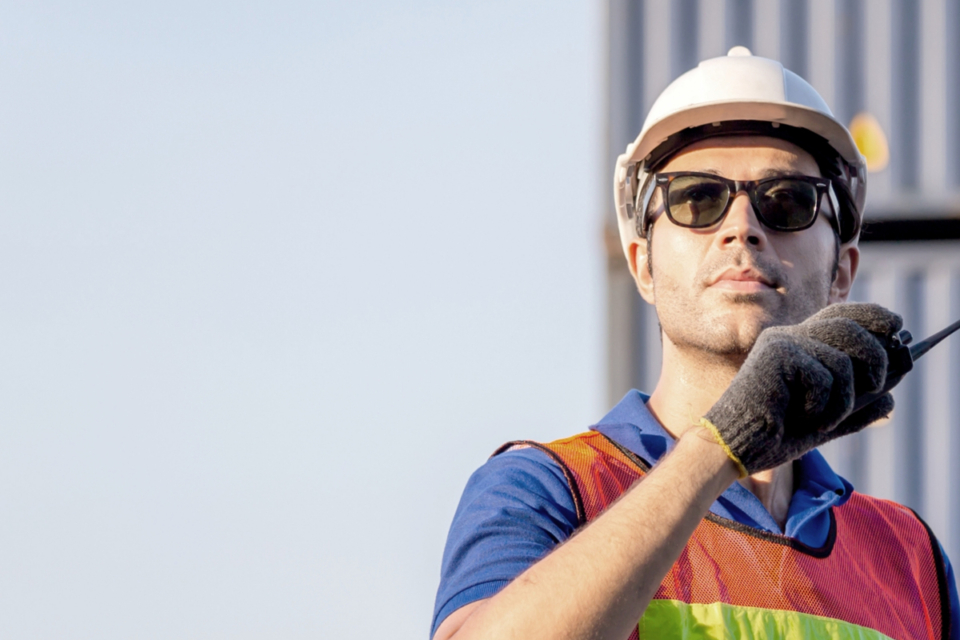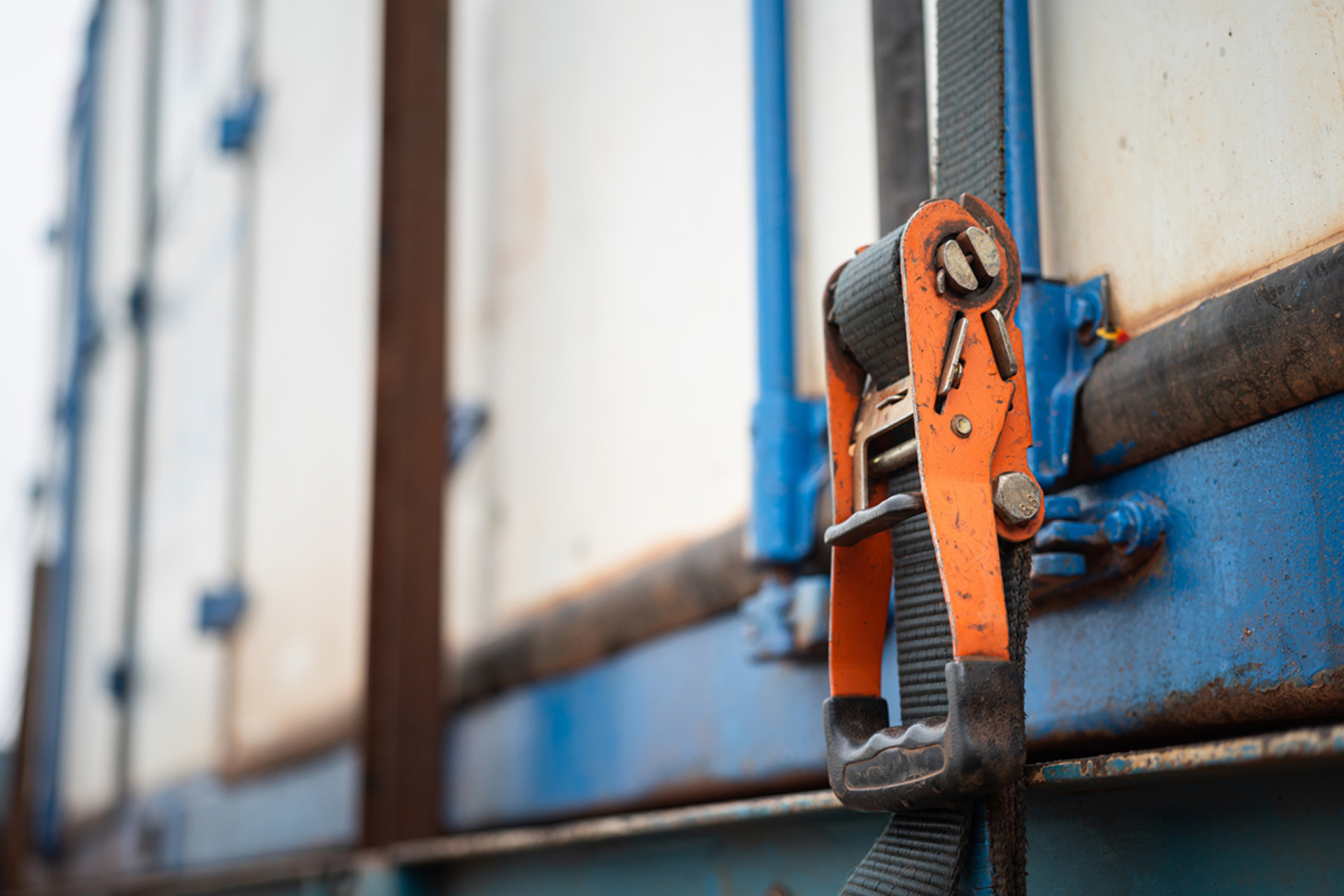Story by
Jim Heide
Tags /
- Cargo Theft
- Freight Protection
- Insurance
- Security
Covid-19 lockdowns. Tensions with China. Factory fires. The war in Ukraine. This stream of disruptive events has dealt manufacturers and retailers a difficult hand, and SMBs are bearing the brunt of the pain. Not only are they facing delays and elevated shipping costs, but sourcing materials and merchandise has grown far more challenging too. In fact, 46% of retailers report having been dropped by a vendor, according to a recent SMB Retail Supply Chain survey by Software Advice.
Now, as margins grow tighter and product becomes all the more precious, the impact of cargo loss is felt far more acutely than it was pre-pandemic.
Unfortunately, as shippers contend with unprecedented supply chain disruption, they’re simultaneously experiencing historic levels of cargo theft. In just the last 12 months, 60% of retail SMBs have been rocked by a theft, reveals Capterra’s 2022 Cargo Theft & Reverse Logistics Survey.
Here at Loadsure, we’ve seen some of these cargo theft claims come through our automated claims system, and they offer a valuable reminder about the importance of preventing cargo theft and protecting balance sheets.
Elevated threat of fictitious pickups
A gang recently responded to a reefer cargo post it found on a load board – using another carrier’s MC number. The unscrupulous driver and dispatcher convinced the shipper of their legitimacy, and they were given the all-clear to pick up a load valued at more than $250K.
From the shipper’s perspective, everything looked to be on the up-and-up. With load tracking functional, they kept a vigilant eye on their shipment as it traveled toward its destination – but then the truck continued on and alarm bells went off.
This time, the shipper called the trucking company using the phone number listed in the SAFER directory, and discovered the company never dispatched a truck on their behalf. As this was happening, the criminals were disabling the tracking devices, and the trailer and load were never recovered.
This is just one illustrative example of why it’s so important to be on the watch for fraudulent theft. It’s something we’re seeing far more often today – and it’s often enabled by collusion. In fact, Capterra’s survey revealed that 33% of cargo thefts involved employee collusion, and 30% involved vendor collusion.

Truck and trailer theft is prevalent
While shocking images of L.A. rail heists are seared in our memory, theft from tractor-trailers is far more common. Whether these trailers are left unattended or trucks are parked at rest stops and loading docks, the simple fact is that cargo at rest is cargo at risk.
Like the 52% of Capterra respondents who experienced at least one cargo theft from a truck in the last 12 months, one of our assureds also had a regrettable story to share.
Hauling an expensive load of meat, their driver stopped at a nationally-recognized truckstop chain for a break. When he dashed inside for a shower, he left his vehicle locked but running and unattended. The truck and trailer were gone when he returned.
While the truck was equipped with trailer-mounted telematics, they were easy to identify and disable. Thankfully, the truck was recovered later that day, but the trailer and its cargo were never found.
This is precisely why smart shippers and carriers are leveraging both visible telematics and well-hidden, disposable GPS tracking devices – increasing the odds that criminals will miss a device, and enabling recovery.
Inside theft and employee collusion on the rise
Tracking devices and high-security locks are certainly a critical component of cargo security, but so is control of information. Crime syndicates and even some disgruntled employees are on the hunt for anything that might indicate a high-value load, so shippers must be mindful not to tip their hands – valuable shipment details should be limited to a need-to-know basis.
It wasn’t too long ago when one of my colleague’s assureds before he joined Loadsure learned this tough lesson.
Shipping 300 ounces of gold intended for a laser manufacturer, the packaging on the half-a-million-dollar shipment was visibly labeled, “GOLD.” Perhaps not surprisingly, the precious metal disappeared and neither the shipment nor the driver responsible for transporting the load was ever located.
Protect your business from the impact of cargo theft
While the risk of cargo theft is high, the good news is there’s actually quite a bit you can do to suppress losses and protect your balance sheet:
- Thoroughly vet your potential carrier partners via the FMCSA, web searches, and third-party vetting services to protect against a fraudulent pickup
- Check out your carrier partner’s cargo security philosophy and ensure they’re as committed to protecting your freight as you are. That includes everything from pe-hire background checks and cargo security devices to cybersecurity protocols and avoiding stops in cargo theft hotspots
- Avoid packaging labels that put a target on your load, and limit shipment details to those who truly need to know
- Consult risk-management professionals for best practices insights, SOP support, and proper security procedure guidance – then hold your people accountable for following these procedures
- Provide ongoing training to your employees so they know how to spot suspicious activity and where to report it
- Invest in securing your warehouse – locks, video cameras, and secure fencing can dissuade crime syndicates from labeling you an easy target
When you embrace industry best practices, commodity and transport-specific risk management advice, as well as good old-fashioned common sense, you dramatically reduce your risk.
One last, crucial bit of advice?
Address your risk exposure before a shipment ever leaves your dock.
Today, more than 60% of cargo in transit is under or uninsured. In part, because SMBs often rely on their carrier’s liability coverage when, in reality, those policies only protect against provable carrier neglect.
Suffice to say, I was hardly surprised by Capterra’s survey, which reported only 2% of respondents made a full financial recovery. That doesn’t have to be you. It’s why I always recommend shippers protect their valuable loads with an all-risk shipper’s interest policy to address their risk exposure.
It’s a wild world out there – but a thoughtful approach to cargo theft prevention can help you navigate the journey safely.
To find out more about Loadsure , our specific product base, or how to get started please don’t hesitate to get in touch by filling the form below
